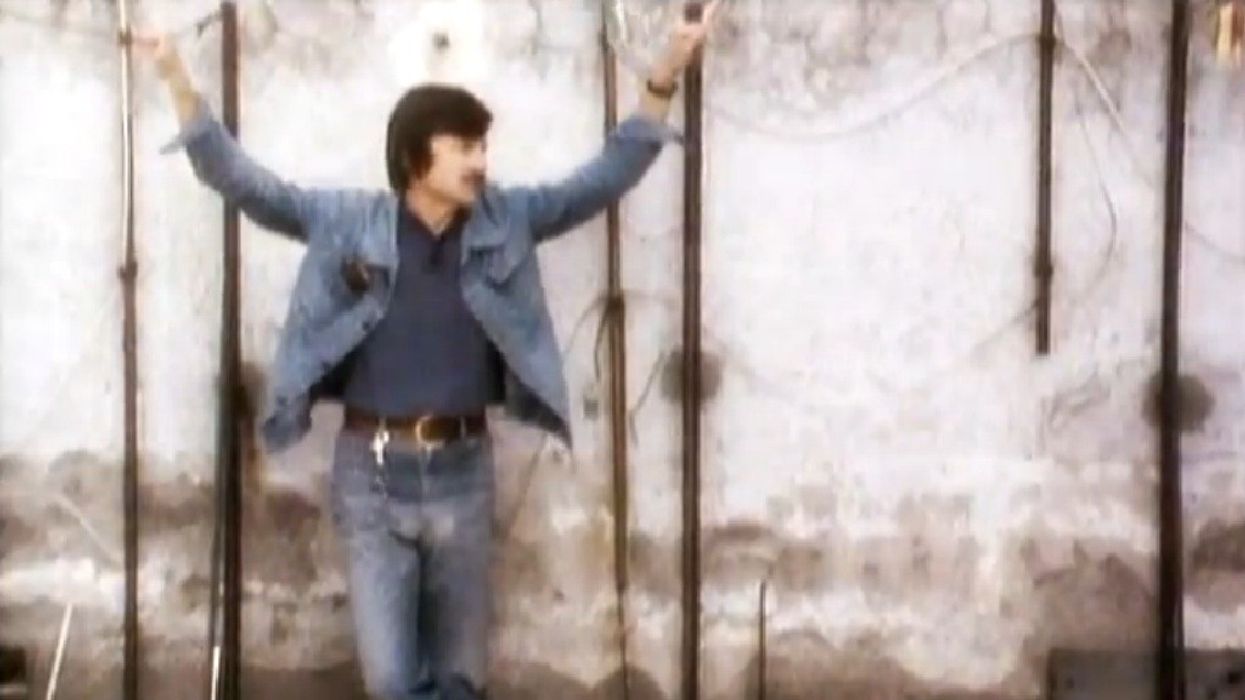If you're not familiar with his name, there is a good chance that he's influenced some of your favorite directors currently working today. Russian director Andrei Tarkovsky (Stalker, The Mirror, Solaris), who made most of his films during the Cold War era in the Soviet Union, has contributed quite a bit on the practical and theoretical aspects of cinema. In this clip below from Voyage in Time, Tarkovsky gives some advice to up-and-coming filmmakers, specifically about sacrificing yourself for cinema and being morally responsible about what you're making. We've also got two of his earliest films below, which he made during his time at film school.
It's really interesting that he says anyone can go make a film, considering this was the early 1980s. If that was the case then, it's certainly far more the case now, because the tools of production have come way down in price. His attitude that anyone can learn the mechanics is absolutely true, just like anyone can learn to ride a bike or drive a car. The actual act of filmmaking is just about organization and knowing the mechanics of the machinery you're working with, but when it comes to the art of filmmaking, there are a lot more variables and intangibles.
Tarkovsky is certainly on the extreme end with his views on what it takes to be a director. He's certainly not a guy who would have sold himself out just to survive, filmmaking was his life. A recent post from Philip Bloom details the opposite end of the spectrum, that work should not be life, and we should really look at our priorities as creatives. It's definitely interesting either way to see what it takes to be at the top of your game the way Tarkovsky was -- especially since he died of cancer likely related to the conditions around the filming of Stalker -- though he was looking to break the boundaries of what cinema could be as art, which is certainly not everyone's goal. Some just want to tell interesting or entertaining stories.
Two of his earliest works are embedded below, which he co-directed as a student at the All-Union State Cinema Institute, or VGIK. To read more about both of them and learn more about his earlier years, head on over to Open Culture.
The Killers -- 1956
There Will Be No Leave Today -- 1958
I might have a personal bias in that the films of Tarkovsky are some of my favorites -- especially Stalker and The Mirror -- but I think if you're interested in being a director just like the way a painter paints and a musician plays (as he says above), it's worth checking out Voyage in Time and reading the book he wrote on film theory, Sculpting In Time.
What do you guys think about his words on filmmaking? Is this something you follow in your own life, or do you take a more moderate approach? If you're a fan of his, which films of his do you think have influenced the way you look at cinema the most?
Links:












